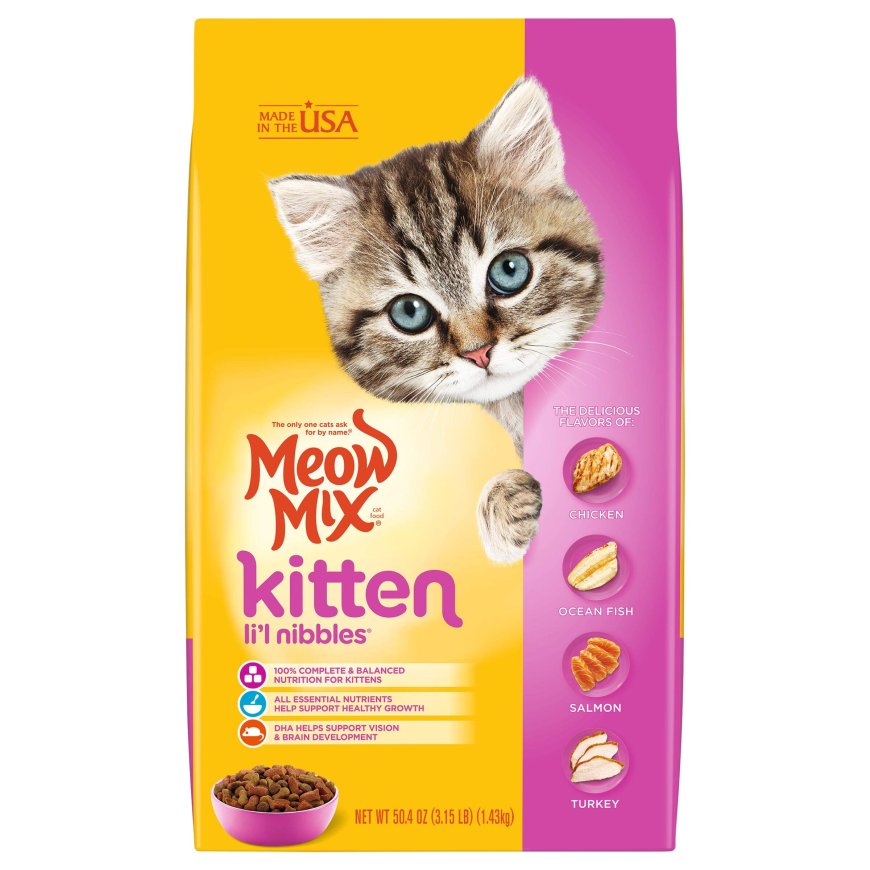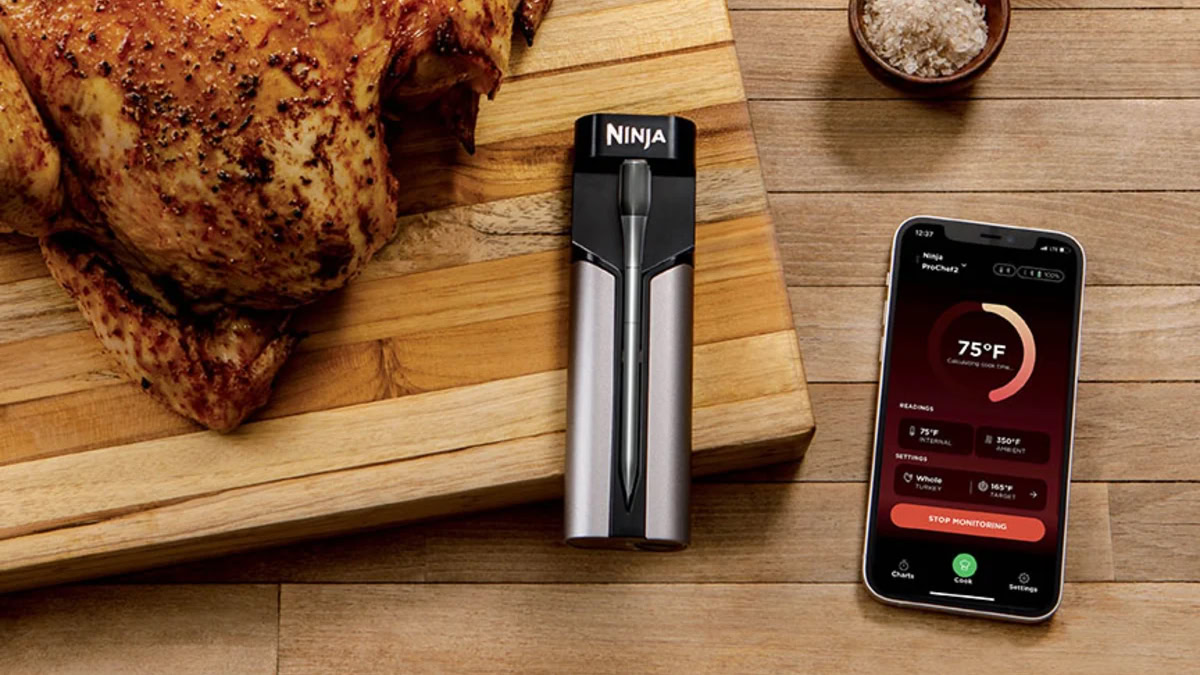Revealing Kitten Food Health Benefits: A Complete Guide
Kitten food is high in calories to satisfy their increased energy needs while keeping them occupied and active all day.

Introduction
Taking a kitten into your house may be a thrilling and fulfilling experience. Giving your new furry buddy the greatest nourishment possible is essential for their growth and well-being as a responsible pet owner. Giving kittens food made specifically for them is one of the most important ways to ensure that their nutrition is as good as it gets. In this in-depth article, we explore the advantages of kitten food, explaining why it’s critical to the health of your young cat and answering often-asked questions about selecting the best diet for your feline friend.
Understanding Kitten Food:
Cats have specific nutritional needs, and kitten food is made to fulfill those needs. In contrast to adult cat food, which might not include enough nutrition for a kitten’s quick growth and development, kitten food is fortified with more protein, important vitamins, minerals, and amino acids that are vital to a kitten’s general health.
Advantages of Cat Food:
Vital Nutrition:
Cat food is made to meet the unique needs of growing cats by offering a comprehensive, well-balanced diet. It contains more protein, which is essential for muscle building, as well as vitamins and minerals that promote general health and vigor.
Healthy Growth and Development: A kitten’s growth and development are most important throughout the first year of life. The basis for a healthy adult cat is laid by kitten food, which promotes strong muscles, healthy bone growth, and optimal brain development.
Support for the Immune System: Because of their still-developing immune systems, kittens require more assistance fighting off illnesses and infections. To help build their immune systems, kitten food is supplemented with immune-boosting elements, including zinc, vitamin C, and antioxidants.
Digestive Health:
Since kittens may have sensitive stomachs, it’s critical to offer them food that breaks down quickly. High-quality components that are easy on the digestive system are used in the formulation of kitten food, which lowers the possibility of gastrointestinal problems, including vomiting and diarrhea.
Dental Health:
Cats of all ages require proper dental care. To ensure your kitten has healthy teeth and gums, kitten food may include components or specially shaped kibble that help improve dental health by preventing plaque and tartar buildup.
Energy Needs:
Because of their innate playfulness and energy, kittens require a diet that provides them with the nourishment they need to live active lives. Kitten food is high in calories to satisfy their increased energy needs while keeping them occupied and active all day.
In summary,
it is imperative to provide your kitten with a diet tailored to meet their nutritional requirements to foster maximum health and overall well-being. Essential nutrients, immune system stimulation, healthy growth and development, gut health promotion, and energy for your growing cat are all provided by kitten food. You may set your pet up for lifelong health by feeding them according to feeding standards and selecting high-quality kitten food.
Frequently Asked Questions, or FAQs:
How long should I provide food for my kitten?
Until they are about a year old, kittens should normally be fed kitten food. After that, you can gradually switch them over to adult cat chow.
Is it okay to give adult cat food to my kitten rather than kitten food?
It is not advised to give kittens adult cat food because it might not include the nutrients needed for healthy growth and development.
How often should I give food to my kitten?
To meet their energy needs, kittens should be fed food multiple times a day, with meals appropriately spaced apart.
Is it better to use dry or wet kitten food?
Both dry and wet cat food can be good choices, but it’s important to pick a high-quality food that satisfies your kitten’s nutritional needs.
Is it okay to combine kitten and adult cat food?
Given that kitten and adult cat food have different nutritional profiles, it is advisable to avoid combining the two. Continue giving your kitten a diet designed with their needs in mind.
How can I tell if the food my kitten is eating is providing the proper nutrients?
Keep a lookout for telltale indicators of healthy growth and development, including a glossy coat, clear eyes, and a consistent weight increase. Additionally, you can make sure your cat is getting enough nourishment by scheduling routine veterinary exams.
Should I speak with my veterinarian before selecting a meal for my kitten?
Yes, it’s a good idea to speak with your veterinarian before choosing a kitten's food to make sure that it takes into account any particular health concerns and your cat’s unique nutritional needs.
Are there any components in cat food that I should stay away from?
Steer clear of cat foods that contain a lot of artificial preservatives, fillers, or low-quality protein sources. Look for labels that state the food is designed for kittens and complies with the growth criteria recommended by the Association of American Feed Control Officials, or AAFCO.
What's Your Reaction?
 Like
0
Like
0
 Dislike
0
Dislike
0
 Love
0
Love
0
 Funny
0
Funny
0
 Angry
0
Angry
0
 Sad
0
Sad
0
 Wow
0
Wow
0
















































